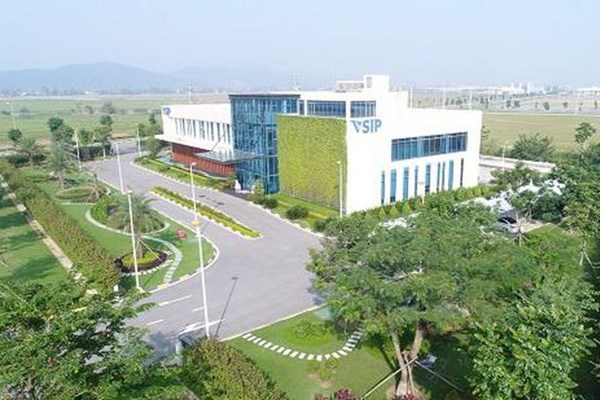Deputy Prime Minister Lê Minh Khai signed a decision approving an investment policy for the construction and operation of VSIP Lang Son Industrial Park worth VND6.36 trillion (US$274.7 million).

Deputy Prime Minister Le Minh Khai on Monday signed a decision approving an investment policy for the construction and operation of infrastructure at VSIP Lang Son Industrial Park in the northern mountainous province of Lang Son.
The project will be invested by the Vietnam Singapore Industrial Park Joint Venture Company (VSIP).
It will be located in Ho Son and Hoa Thang communes in Huu Lung District, covering a total area of 599.76 hectares, including about 200ha in the first phase, around 250ha in the second phase and 149.76ha in the third phase.
Its total investment is over VND6.36 trillion (US$274.7 million), of which $954 billion will be contributed by the investor. The project's operating period is 50 years, starting from May 15, 2023. — VNS





